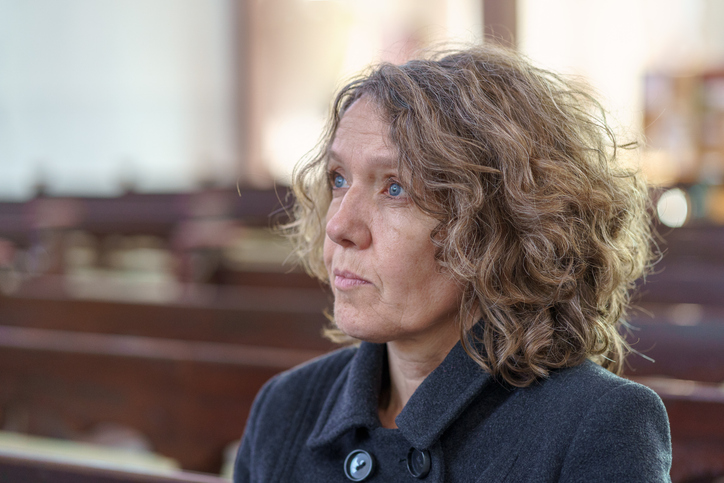Friends I had not seen for years were coming to do a day long event on marriage and family at my church and I was looking forward to seeing them. They are good speakers and have practical advice about Christian life as well. Everyone, married or not, was being encouraged to attend. My divorce was 12 years ago, and I had no concern the sermon would reopen old wounds. I was simply looking forward to seeing my friends–friends who had tried to help save my marriage. (Here are links to my article on how to help people who are going through a divorce: click on these–> short article, full article – pages 8, 9)
Guidance and support for married couples is important.
Marriage is celebrated as a sacred union, with churches frequently offering support to couples. A department in the Adventist Church devoted to Family Ministries, is almost exclusively focused on married couples. Marriages are so important and do need our support. As a divorced woman I pray for my brothers and sisters in Christ who are married, and encourage them to do everything necessary to stay married. Marriage is not easy.
These events may have unintended pitfalls.
However, amidst the emphasis on marital harmony, there lies potential unintented pitfalls that those planning these events may wish to be aware of. These can unintentional marginalization and discomfort experienced by divorced members of the congregation. This article explores the complexities surrounding the impact of marriage-centric events on individuals who are divorced within the congregation.
- Ignoring Diverse Experiences: Marriage sermons, while well-intentioned, often fail to acknowledge the diversity of experiences within the congregation. Divorced members may feel overlooked or invalidated when the focus solely revolves around the idealized notion of marital bliss, disregarding the realities of relationship challenges and breakdowns, not acknowledging there are times the breakdowns are impossible to resolve.
- Stigmatizing Divorce: By continuously exalting the sanctity of marriage without addressing the complexities of divorce, churches inadvertently contribute to the stigmatization of divorcees. Divorced individuals may internalize feelings of shame or failure, fearing judgment from their religious community and struggling to reconcile their personal experiences with the idealized image of marriage presented in sermons.
- Alienation and Isolation: Marriage-centric narratives can create an environment where divorced members feel alienated and isolated within their own congregation. The constant emphasis on marital success may exacerbate feelings of loneliness and disconnection, as divorcees perceive themselves as outliers in a community that prioritizes marital unity above all else.
- Emotional Triggers and Trauma: For individuals who have experienced the pain of divorce, marriage sermons can serve as emotional triggers, resurfacing feelings of grief, regret, or resentment. The repeated exposure to messages glorifying marital harmony may reopen old wounds and hinder the healing process for divorced members seeking solace and acceptance within their faith community.
- Lack of Support and Resources: Churches must recognize the need for tailored support and resources for divorced members navigating the challenges of marital dissolution. Simply preaching the virtues of marriage without addressing the realities of divorce fails to offer meaningful assistance to individuals grappling with the aftermath of relationship breakdowns.
I am successful, have a thriving business. Yet I was crying!
The day my friends came to speak at my church, I was enjoying their message until… About the last ten minutes of the sermon, I am not sure what happened but I was suddenly sad. I have been divorced since 2012. Yet I was overcome with emotion and tears a few were slowly coming! Honestly, I am happily divorced at this point, I do not mourn my marriage anymore. I have healed, I am successful, and have a thriving business. But I was crying!
This topic should be approached with sensitivity.
While marriage is a topic churches should address, it is essential for churches to approach the topic with sensitivity. Recognizing the diverse experiences of congregants, including those who have undergone divorce, is paramount in fostering a supportive and compassionate community. By acknowledging the complexities of relationships and offering genuine support to all members, regardless of their marital status, churches can strive towards creating a more inclusive and understanding environment for everyone.










